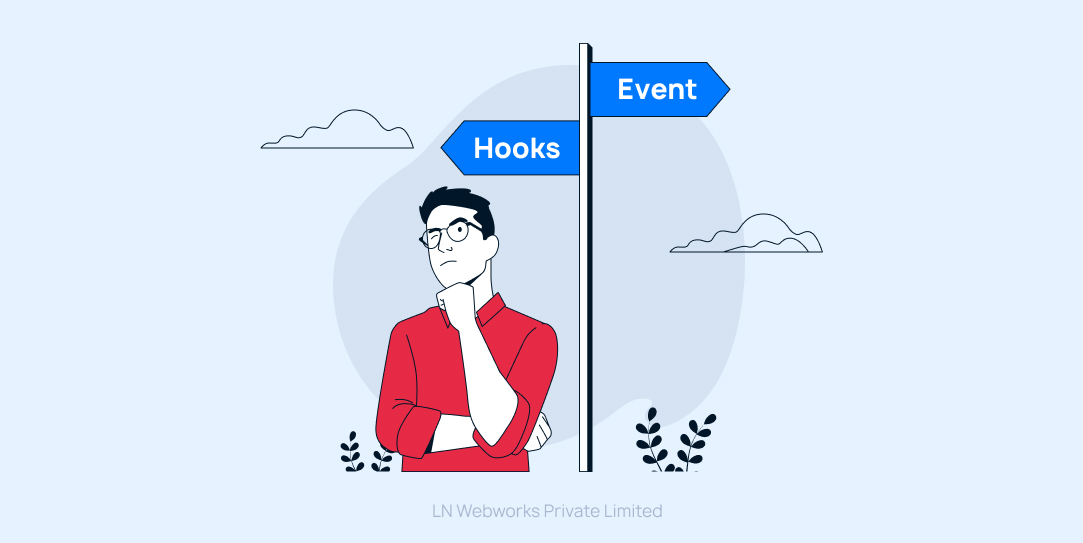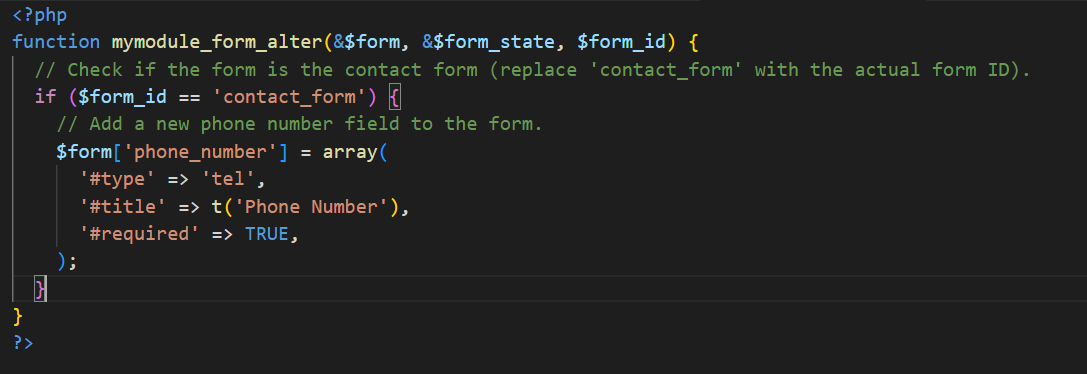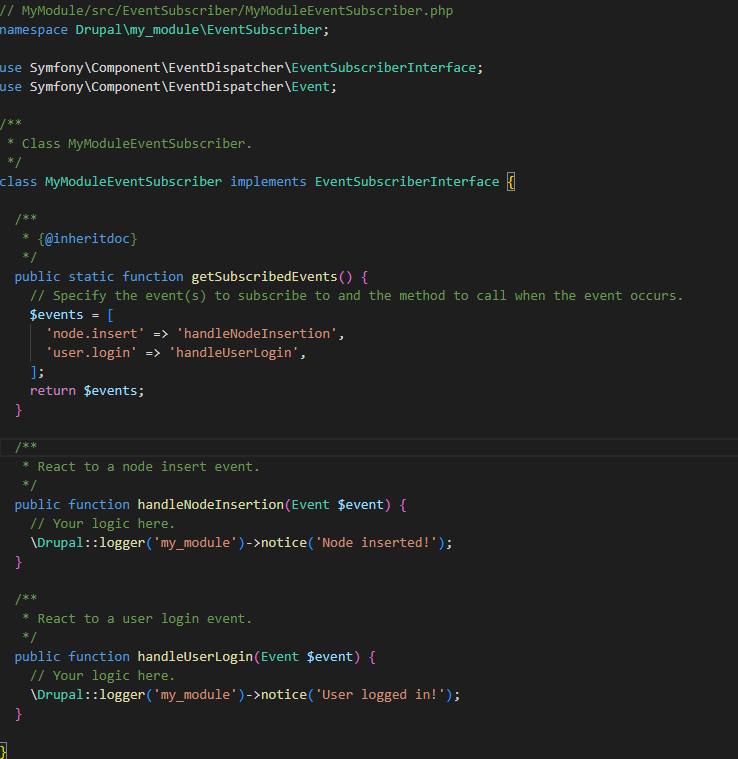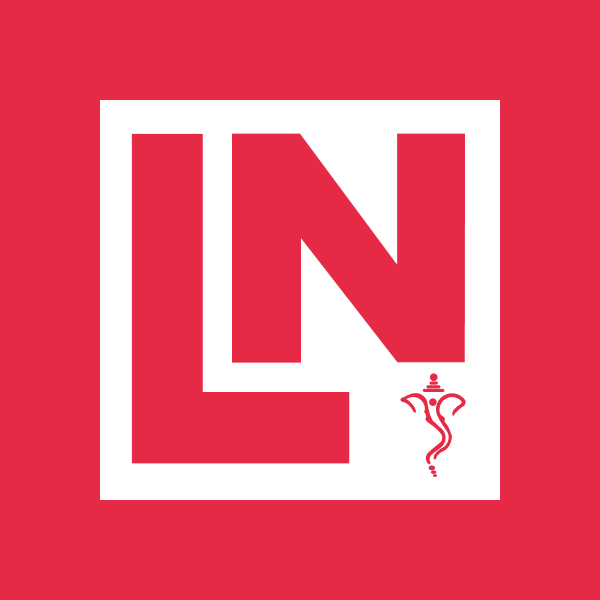How To Create Hooks Vs Event Subscribers in Drupal 9

In Drupal development, understanding the differences between hooks and event subscribers is essential for building robust and flexible modules. Hooks are a fundamental part of Drupal’s architecture, allowing modules to interact with and modify various aspects of the system’s behavior. Moreover, event subscribers are a more recent addition to Drupal, introduced in Drupal 8 as part of its transition to a more modern, object-oriented architecture.
Hooks in Drupal
Hooks are specially named functions that a module defines and calls at specific times to alter, add, or modify the data.
Here are some key features of hooks in Drupal
- Hooks gives developers the ability to customize and extend Drupal’s functionality according to their specific needs.
- With hooks, developers can break down their code into smaller, manageable pieces called modules. Each module can implement hooks to add or change features independently.
- Implementing hooks in Drupal is straightforward and well-documented.
- By using hooks, developers can build scalable and maintainable Drupal sites.
Exploring Different Types of Hooks in Drupal
1. Alter Hooks
These hooks allow modules to alter the existing data or functionality that is provided by the Drupal core.
Example:
hook_form_alter()
Use case: We have a form created by another module, but we want to add an extra field to it. Instead of modifying the original module’s code, we can use hook_form_alter in our module to add the new field dynamically.

2. Theme Hooks
These hooks let modules work with Drupal’s theme system to change how content looks on the site. Modules can use theme hooks to create new templates or adjust existing ones.
Example:
hook_theme_suggestions()
Use case: We have a Drupal site with various content types like articles, events, and products. Each type needs a different look. We don’t want to create separate modules for each type. Instead, We want to suggest different template files based on the content type.
In below code:
We suggest alternative template files for nodes based on their content type. For example, if the content type is ‘article’, the suggested template file will be ‘node–article.tpl.php’.

3. Entity Hooks
These hooks act as checkpoints within Drupal’s workflow, providing modules the opportunity to intervene during various stages of managing entities like articles, users, and taxonomy terms.
Example:
hook_entity_insert()
Use case: Let’s say we want to perform some custom actions whenever a new article node is created on your Drupal site. we can use the hook_entity_insert() hook to achieve this.

Hook Invocation in Drupal
By using hooks, developers allow others to easily customize and add more features to modules. Hooks help with tasks like creating, updating, and deleting content, as well as integrating with APIs, making development flexible and collaborative.
Invoking Hooks Using ModuleHandler
In Drupal, invoking hooks is facilitated through the ModuleHandler service, accessible via Drupal::moduleHandler(). There are different methods for invoking hooks, each serving specific purposes:
- ModuleHandler::invokeAll(): This method executes the specified hook in every module that implements it.
- ModuleHandler::invoke(): Unlike invokeAll(), this method executes the hook per-module.
- ModuleHandler::alter(): This method is employed when you wish to provide developers with the ability to alter existing data structures.
Events Subscribers in Drupal
Events are specific points in the execution of a program where something significant happens. These events can be triggered by various actions, such as a user logging in, content being saved, or a page being rendered.
Characteristics of Events Subscribers
- They provide a flexible way to execute custom code in response to events, allowing for dynamic behavior in Drupal applications.
- Events in Drupal are a part of its integration with the Symfony framework, allowing for robust event-driven architecture.
- Once defined, event subscriber classes can be reused across multiple projects, saving development time and effort.
- Developers subscribe to events and define custom actions, fostering dynamic system behavior and inter-component interaction.
How to Create an Event Subscriber
Here is an example of how to create an event subscriber in Drupal.
1. Register event subscriber as a service in Drupal module .services.yml file

2. Define an Event subscriber class.

- The MyModuleEventSubscriber class is designed to adhere to the EventSubscriberInterface.
- Through the getSubscribedEvents method, the subscriber specifies the events it wishes to monitor and the corresponding methods to trigger when those events occur.
- Within the handleNodeInsertion and handleUserLogin methods, the desired functionalities are coded to execute upon the occurrence of the respective events.
Difference Between Events and Hooks
The choice between events and hooks depends on factors like functionality complexity, integration needs, and scalability considerations.
Use Hooks
- For straightforward alterations or extensions to Drupal’s core functionality.
- When direct integration with Drupal’s core or contributed modules is necessary.
- If the functionality does not demand a high level of decoupling or modularity.
Use Events
- For precise control over event handling and execution.
- When the functionality requires a high level of decoupling and modularity.
- If integration with third-party systems or libraries is needed.
Let’s Wrap It Up!
Events and hooks are both valuable in Drupal development. Considering the project’s needs, events offer precise control and flexibility, while hooks provide simplicity and direct integration. By choosing wisely one can ensure the Drupal project is efficient and adaptable to future changes.
If you need assistance to Create Hooks vs. Event Subscribers in Drupal 9 or require expert guidance, LN Webworks, a Drupal development company, is here to help! Reach out to us today for personalized support and solutions
